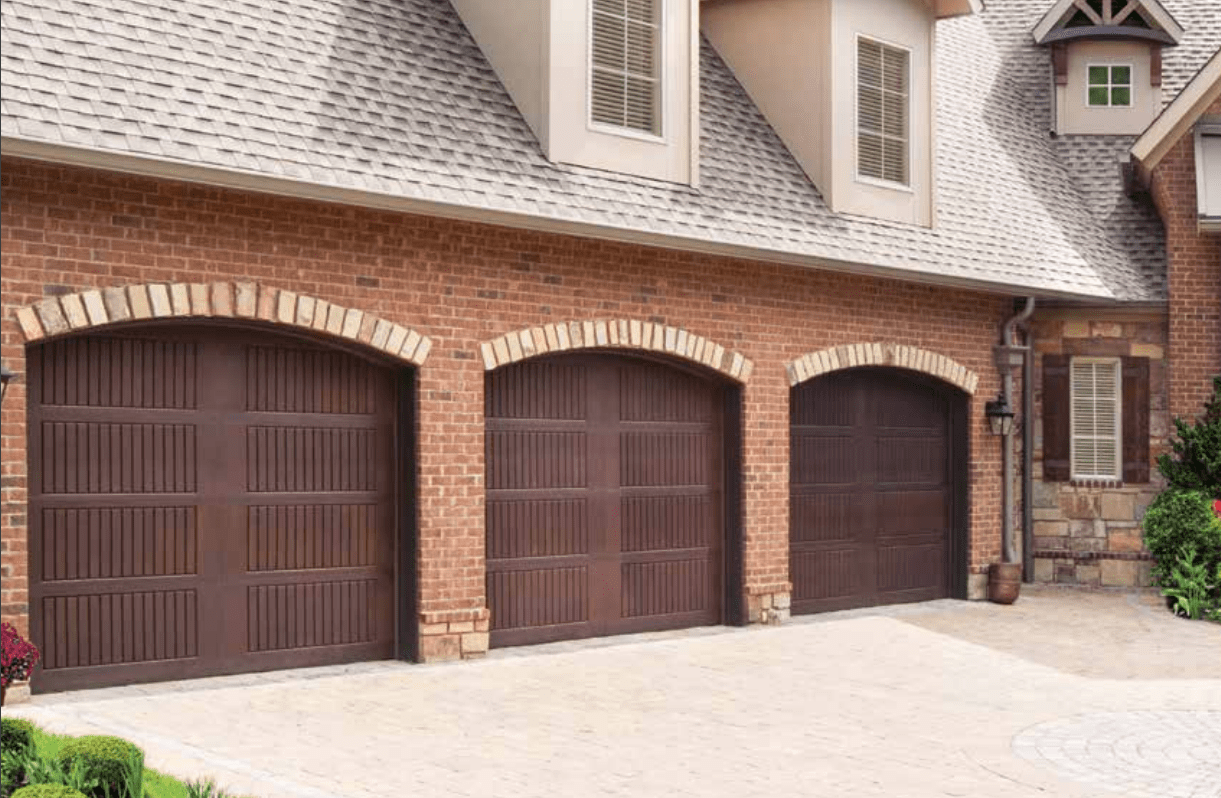
Garage Doors and Parts – PVC vs Fiberglass Garage Doors has become a trending topic among modern homeowners looking to upgrade their garage without compromising on durability or design. These two materials offer unique benefits that attract different types of buyers. PVC garage doors are known for their cost-effectiveness and weather resistance. On the other hand, fiberglass doors appeal to those seeking a lightweight solution with impressive strength. As exterior design becomes more essential, garage doors play a major role in curb appeal. Homeowners now see garage doors not only as functional elements but also as aesthetic investments. Choosing between these two options requires understanding how each material performs under pressure from the environment and daily use. Design flexibility, thermal performance, and maintenance levels also influence the final decision. When comparing materials, homeowners should consider both long-term value and initial installation factors to ensure the best match for their needs and climate conditions.
Strength and durability remain key concerns when choosing between PVC vs Fiberglass Garage Doors. PVC, made from synthetic plastic polymer, offers resistance to rust and moisture, making it suitable for coastal areas or wet climates. However, heavy impacts may cause dents or warping over time if not reinforced properly. Fiberglass garage doors provide slightly better impact resistance, especially when layered over a steel core. This material handles fluctuating temperatures well, which helps prevent deformation or expansion. Fiberglass can also mimic other finishes like wood grain, adding aesthetic appeal while maintaining its rugged nature. Although both options withstand regular wear, fiberglass tends to last longer in extreme conditions. Homeowners living in regions with hot summers or freezing winters may find fiberglass more dependable. Still, both materials can perform well when installed correctly and maintained regularly. Choosing based on climate, expected usage, and external hazards will help determine the most suitable and long-lasting material.
“Read about: Forget Steel: Aluminium Garage Doors Are the Game-Changer You Didn’t See Coming”
Garage door aesthetics have evolved to become an essential part of home design. PVC and fiberglass garage doors both offer excellent flexibility in styling, colors, and textures. PVC garage doors are available in smooth or textured finishes, often resembling wood or matte steel. These doors can be painted or coated in various tones to match exterior walls, fences, or trims. Fiberglass, on the other hand, is often molded into detailed patterns and realistic wood-look panels, making it nearly indistinguishable from high-end timber doors. This is ideal for homeowners seeking elegance without the upkeep of real wood. Fiberglass also reflects light better, giving it a cleaner, brighter appearance. Some homeowners choose to match their garage door with entry doors or window frames for a cohesive look. Whether opting for minimalist styles or ornate patterns, both materials support the customization needed to elevate a home’s façade and align with individual design preferences.
“Read more: Spaghetti Bolognese Like a True Chef: The Sauce Recipe You’ve Been Missing”
Homeowners often overlook installation and upkeep when evaluating PVC and fiberglass garage doors. Proper installation ensures full functionality and helps the doors resist stress, moisture, and temperature changes. While both materials are lightweight, fiberglass doors can include steel reinforcement, which may require slightly stronger hardware. Installation time remains short for both materials when handled by trained professionals. Regular maintenance involves cleaning the panels with non-abrasive solutions and inspecting tracks, hinges, and sensors. PVC may need occasional repainting if exposed to prolonged sun, while fiberglass maintains its appearance longer under UV exposure. Weather seals and insulation strips should be checked annually to ensure optimal energy efficiency. Rust is rarely an issue since both materials resist corrosion well. However, surface damage must be repaired quickly to avoid moisture seepage or warping. A well-installed garage door made from either material can last over 15 years, depending on usage frequency and environmental conditions.
PVC and fiberglass garage doors present different cost profiles that affect initial budgeting and long-term value. PVC models typically cost less upfront and provide good insulation, making them ideal for buyers with limited budgets or basic garage needs. They deliver solid performance in moderate climates with minimal upkeep. Fiberglass garage doors require a higher initial investment but offer enhanced durability and a premium appearance that can increase property value. Over time, homeowners may save on repainting and repairs thanks to fiberglass’s tough exterior and resistance to fading. While energy efficiency depends on core insulation rather than outer material, both doors can be fitted with high R-value insulation. The choice comes down to how much a homeowner values aesthetics, lifespan, and potential resale value. For long-term planners, fiberglass offers a reliable return, especially in upscale neighborhoods. Meanwhile, PVC remains an excellent choice for practical homeowners prioritizing affordability and low-maintenance convenience.
This website uses cookies.